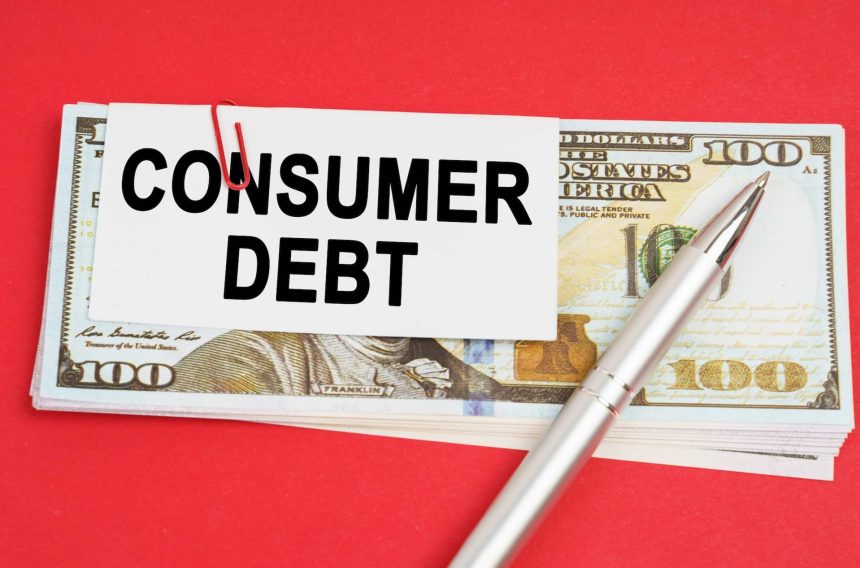Credit Sesame examines how conflicting consumer spending habits are contributing to rising consumer debt, as short-term purchases soar while long-term investments decline.
Recent trends in early 2025 suggest consumers have mixed feelings about the economy, caught between the urge to spend and the hesitation to invest.
Short-term spending remains strong, showing a continued willingness to borrow and buy.
However, when it comes to making long-term commitments, such as purchasing a home, confidence is lacking. This conflicting behavior may be undermining long-term financial health.
Spending is up – just not for homes
Retail spending rebounded strongly in March 2025, rising by 1.4%, the largest monthly gain in over two years. Some economists believe this may reflect consumers rushing to make purchases ahead of new tariffs. Regardless of the cause, it highlights a focus on immediate consumption.
In contrast, home buying continues to decline. Existing home sales fell by 5.9% in March and are down 1.7% year-to-date. Over the past two years, sales have dropped by 19.3%.
The Fannie Mae Home Purchase Sentiment Index, which measures consumer attitudes toward housing, dropped by 4.9% last month and is now 11.3% below its historical average. Fewer consumers believe it is a good time to buy a home.
Preference for shorter-term spending is reflected in debt mix
The shift toward short-term spending is also evident in the growth of different types of debt.
According to the Federal Reserve Bank of New York’s Household Debt and Credit Report, credit card debt has increased more rapidly than any other form of consumer debt since the end of 2020. From the fourth quarter of 2020 to the fourth quarter of 2024, credit card balances rose by 47.9%. By comparison, mortgage debt grew by 25.5% over the same period.
This growing reliance on revolving credit suggests consumers are prioritizing short-term spending over long-term investment, a trend that could pose risks for future financial stability.
Reasons why credit card debt is more toxic than mortgage debt
Not all debt impacts consumers equally. In many ways, mortgage debt is healthier than credit card debt.
- Lower interest rates. The average interest rate on a 30-year mortgage is 6.81%, compared to 21.91% for credit cards. Every dollar of credit card debt costs consumers more than three times as much in interest charges.
- Investment versus consumption. Buying a home represents a long-term investment. A mortgage helps finance an asset that typically appreciates over time. In contrast, credit card debt often covers short-term expenses, such as entertainment or food, which provide only temporary value.
- Defined repayment schedule. Mortgage loans follow a structured repayment plan, guiding borrowers toward debt payoff. Credit card minimum payments vary and often allow balances to grow, rather than decline.
These differences highlight why increasing reliance on credit cards can undermine long-term financial health.
Building better long-term confidence in financial security
The decline in the Home Purchase Sentiment Index suggests that many consumers lack confidence in making long-term financial commitments. Instead, they are focusing on short-term spending, particularly through credit cards.
Shifting away from heavy credit card use could help strengthen household finances. Paying down balances can improve credit scores, which in turn can open access to better mortgage rates and other borrowing opportunities.
Strengthening financial habits today could build the security consumers need to make significant investments in the future and reduce their reliance on costly short-term debt.
If you enjoyed How conflicting spending habits are fueling consumer debt you may like,
Disclaimer: The article and information provided here are for informational purposes only and are not intended as a substitute for professional advice.
Read the full article here














